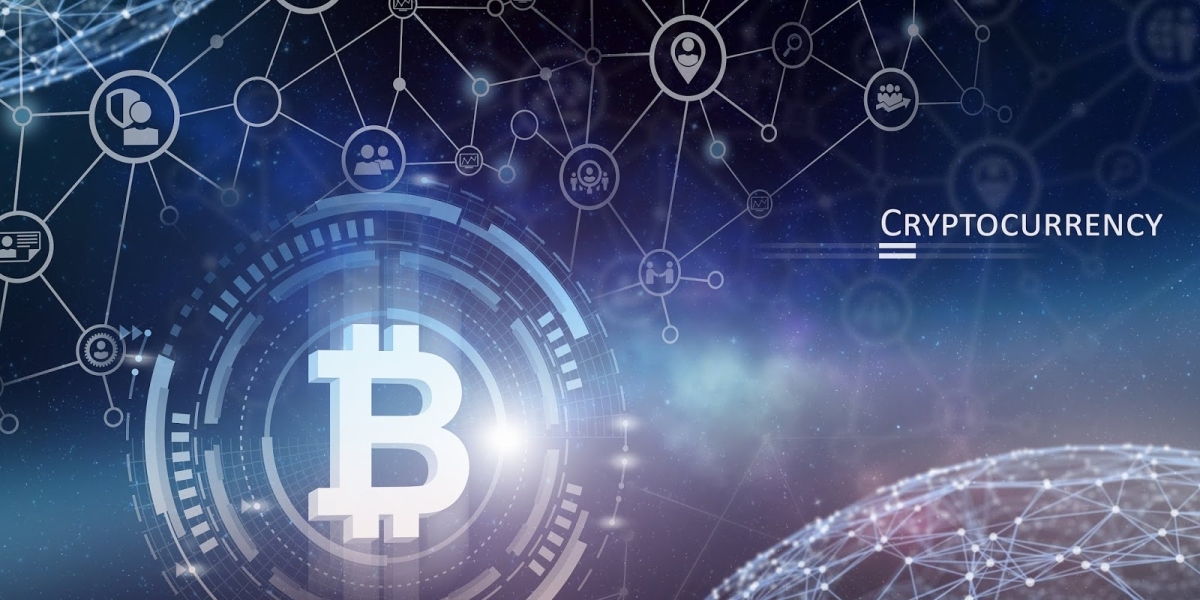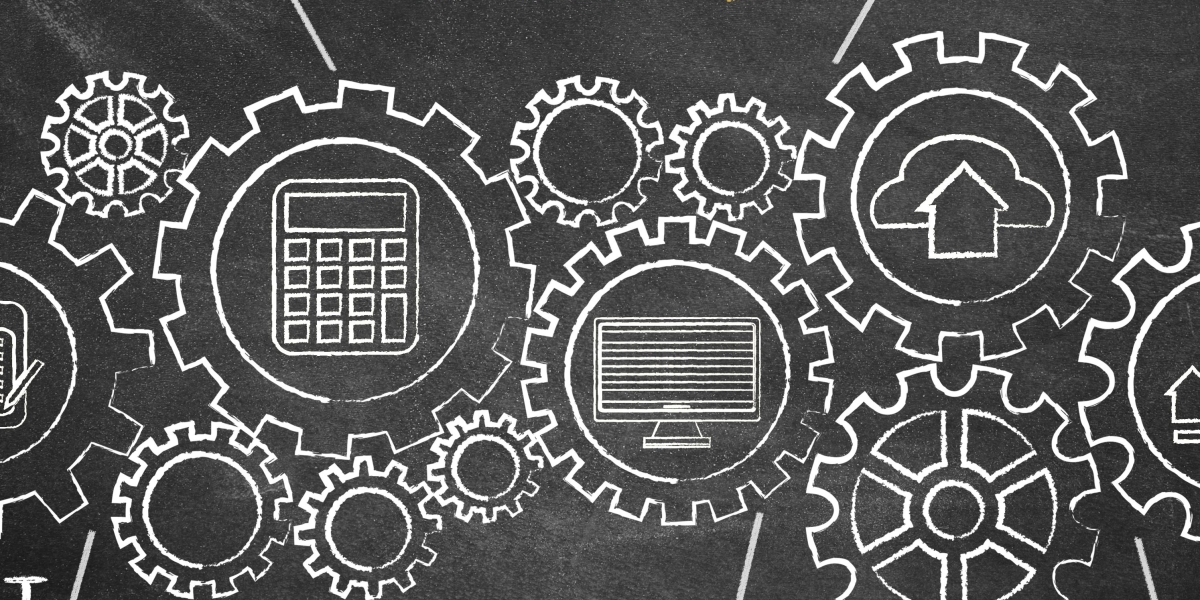The world of payments is riddled with friction. Cross-border transfers often face delays and hefty fees, international transactions require intermediaries, and chargebacks create headaches for businesses. This friction not only disrupts the flow of commerce but also hinders global financial inclusion. But what if there was a way to make payments smoother, faster, and more secure? Enter blockchain payment gateway, poised to revolutionize the way we send and receive money.
The Pain Points of Traditional Payments
- Slow and Costly Transactions: Traditional channels involve multiple intermediaries, leading to delays and inflated fees, especially for international payments.
- Lack of Transparency: The flow of funds can be opaque, making it difficult to track transactions and identify potential fraud.
- Chargebacks and Disputes: Complex chargeback processes can be costly and time-consuming for businesses, leading to lost revenue and frustration.
- Limited Access: Traditional financial systems often exclude individuals and businesses in developing economies, hindering financial inclusion.
How Blockchain Streamlines Payments
- Distributed Ledger Technology: Transactions are recorded on a secure, distributed ledger, accessible to all participants, fostering transparency and trust.
- Faster Settlement: By eliminating intermediaries, blockchain enables near-instantaneous settlement of funds, regardless of location.
- Reduced Costs: The peer-to-peer nature of blockchain eliminates middlemen, resulting in lower transaction fees.
- Enhanced Security: Blockchain's cryptographic technology makes it highly resistant to fraud and tampering, ensuring the integrity of transactions.
- Improved Access: Anyone with an internet connection can participate in the blockchain, opening up financial opportunities for individuals and businesses previously excluded.
Real-World Applications
- Cross-border payments: Blockchain platforms like RippleNet and Stellar enable fast, affordable, and transparent cross-border settlements.
- Micropayments: Blockchain facilitates microtransactions, creating new revenue streams for content creators and online platforms.
- Supply Chain Management: Blockchain tracks the movement of goods and assets throughout the supply chain, improving transparency and efficiency.
- Identity Management: Securely storing and sharing identity information on the blockchain can streamline KYC/AML processes.
Challenges and Considerations
Despite its potential, blockchain technology faces challenges. Regulations are still evolving, scalability needs improvement, and user adoption requires education and infrastructure development. Additionally, it's crucial to understand that not all blockchain solutions are created equal, and careful evaluation is necessary before adoption.
The Future of Payments
While complete transformation won't happen overnight, blockchain holds immense potential to reshape the payment landscape. By eliminating friction, increasing transparency, and fostering financial inclusion, blockchain can create a smoother, faster, and more equitable flow of money around the world. As technology evolves and regulations adapt, the future of payments looks increasingly secure, transparent, and powered by blockchain.
Ready to Join the Flow?
If you're interested in exploring how blockchain can streamline your payments and unlock new opportunities, consider researching reputable platforms and seeking expert advice. By embracing the transformative power of blockchain, you can become part of a frictionless future where payments flow effortlessly and securely.









